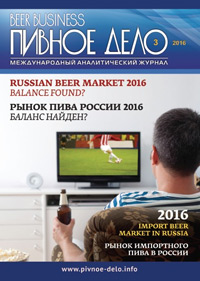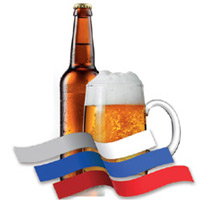Beer Business #2-2018. Leaders’ Plays and Regionals’ Shares
The beer market dynamics in Russia is approaching zero, yet major brewers are divided into those who developed considerably in 2017 and those who considerably reduced their volumes. For instance, company Efes has managed to substantially extend their sales due to restrained pricing policy and activity in the modern trade. Heineken has also demonstrated an excellent performance promoted by significant increase of advertisement budgets launching a non-alcohol sort of the title brand and unusual activity in the economy market segment. Carlsberg and AB InBev have been focusing on margins and lost a market share of their inexpensive brands. Serious dependence on PET package and mass enthusiasm about Zhigulevskoe have negatively impacted the most of big regional brewers, that have been for the first time pressed by the leaders in the key sales channels, especially in Volga and Central regions. In the small business there has been a noticeable slowdown in appearing of new restaurant breweries, yet the number of craft breweries has been growing rapidly. In 2018, the beer market is likely to grow a little, while the share of AB InBev Efes may decrease due to the integration. (more…)


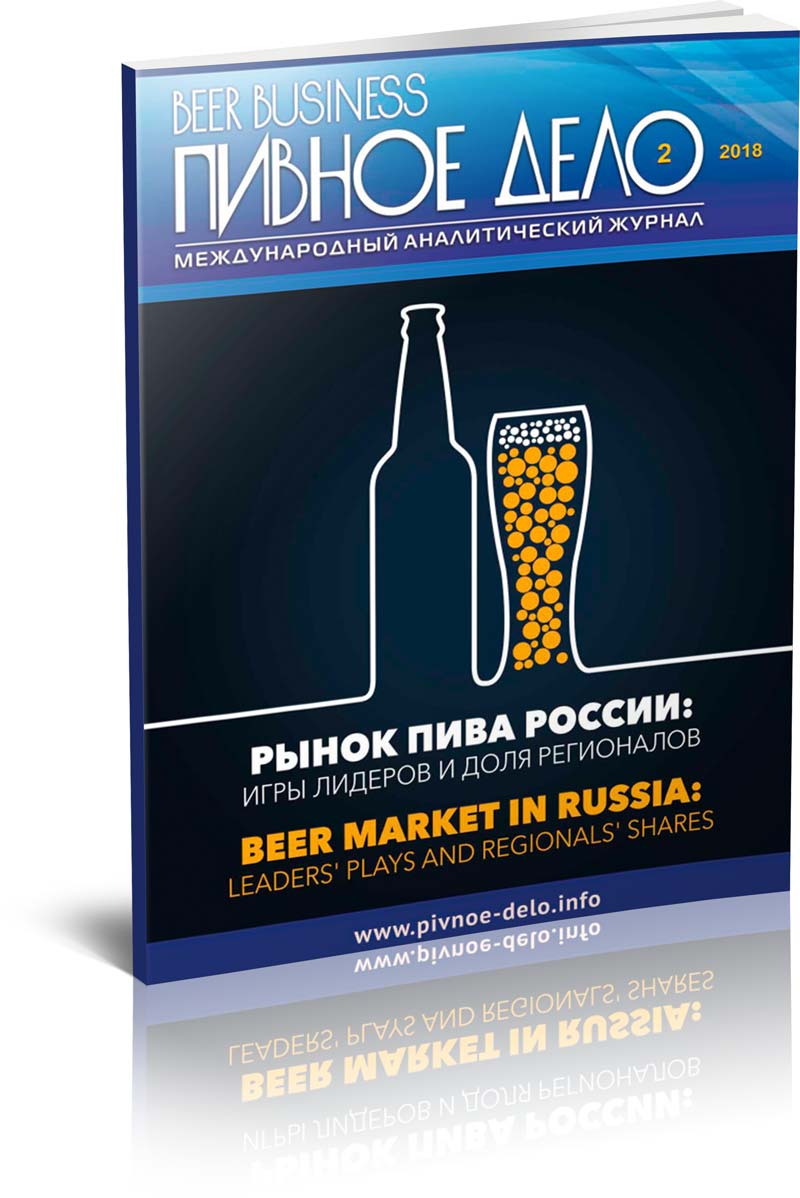
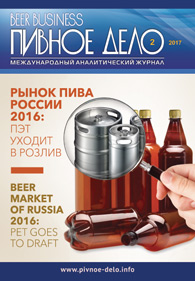
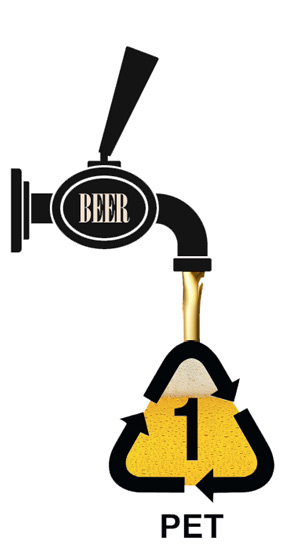 The beer market of Russia was warmed up by the hot summer, but the preparation for large volume PET prohibition has already impacted it negatively. The year was successful for Efes, MBC and regional producers; Carlsberg’s positions were virtually stable but AB InBev and Heineken lost a part of market share having focused on the sales profitability. The dynamics of big brands was determined by how much the companies were willing to keep the prices down or by their promotional activity. In this context the economy segment of the beer market and sales of inexpensive draft beer were increasing. The premium segment started shrinking due to license brands migrating to the mainstream segment.
The beer market of Russia was warmed up by the hot summer, but the preparation for large volume PET prohibition has already impacted it negatively. The year was successful for Efes, MBC and regional producers; Carlsberg’s positions were virtually stable but AB InBev and Heineken lost a part of market share having focused on the sales profitability. The dynamics of big brands was determined by how much the companies were willing to keep the prices down or by their promotional activity. In this context the economy segment of the beer market and sales of inexpensive draft beer were increasing. The premium segment started shrinking due to license brands migrating to the mainstream segment. 
